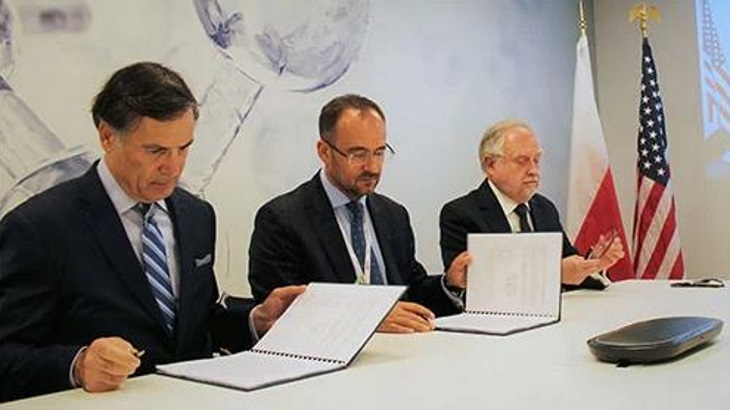"Westinghouse looks forward to presenting the Polish government with the most advanced and competitive technology offer for this very important project," said Elias Gedeon, senior vice president of commercial operations at Westinghouse.
Westinghouse will execute the FEED, which will be based on Westinghouse AP1000 technology, together with Bechtel Power Corp. The FEED study will be reviewed after one year by the Polish government to help in its selection of the best partner for the nuclear power plant programme.
The diplomatic notes Poland and the USA exchanged last year on cooperation in the development of Poland's civil nuclear power programme officially entered into force in March. This means the USA has 18 months from that date to prepare both a technology and a financing offer to build nuclear power plants in Poland.
Also in March, Westinghouse announced its intention to invest in nuclear technologies in Poland, following a meeting in Warsaw between Westinghouse CEO Patrick Fragman and Polish Secretary of State for Strategic Energy Infrastructure Piotr Naimski.
Poland's Energy Policy for 2040 (PEP2040) is based on three pillars: a just transition; a zero-emission energy system; and good air quality. The first 1-1.6 GWe nuclear unit is to be commissioned in 2033, with five more units, or 6-9 GWe, to follow by 2040. They are expected to be built at Lubiatow-Kopalino and Zarnowiec, near the country's Baltic Sea coast.





_87299.jpg)
_52351.jpg)








